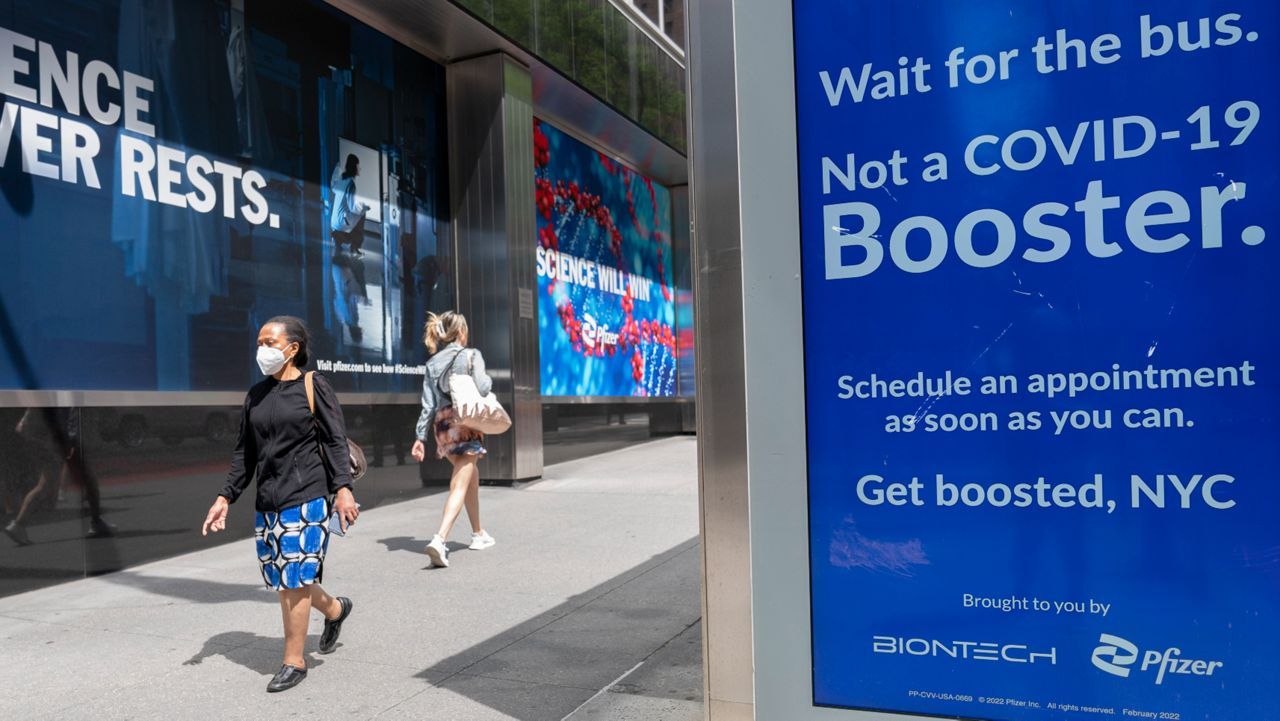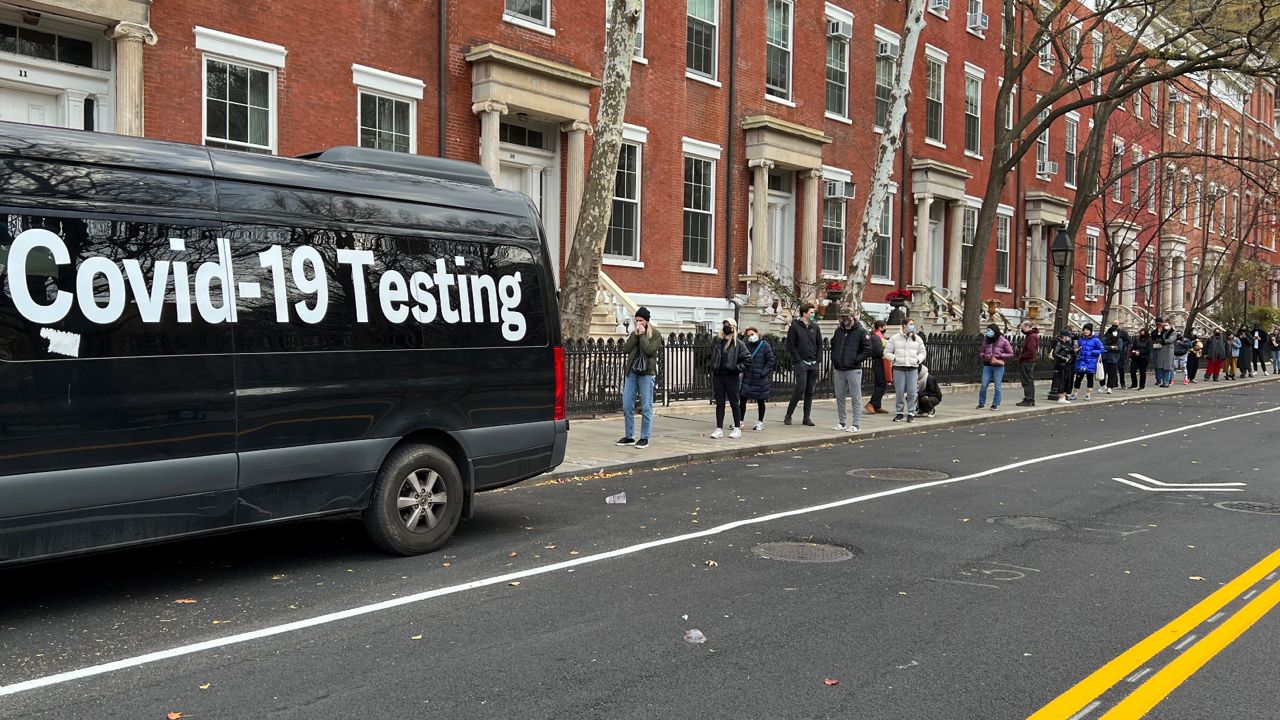NEW YORK - Before the COVID-19 outbreak, a judge, prosecutor, defense attorney, court reporter and person charged with a crime would all share a courtroom for an arraignment.
Now, they all share a Skype space with none of the parties together physically.
- LIVE UPDATES: Coronavirus in New York City
- LIVES LOST: Remembering Victims of the Coronavirus
- What to Do If You Test Positive for COVID-19
- CDC Coronavirus Page
- WHO Coronavirus Page
New York State Chief Judge Janet DiFiore says limiting court business to essential and emergency matters and creating a statewide virtual court system “has enabled us to go from having many thousands of people trafficking through our courthouses every day to a tiny fraction of that across the state.”
The city’s court caseload has been reduced by 95 percent.
In recent weeks, there have been just 125 arraignments and 20 emergency family court applications per day.
Courts in the city went remote in mid-March and have been adapting since.
“We were the pioneers that week because we the first ones to start virtual arraignments," said Bronx Criminal Court Judge Frances Wang. “Under all the circumstances, it went pretty smoothly. There were certainly issues, technical issues, where you’re just trying to get everyone to log in at the same time.”
Typically, for criminal arraignments, defendants will Skype into their hearing from a private booth in central booking.
Judges, lawyers and others join from their homes or offices.
But the process moves much more slowly than it did in courtrooms. Reasons include interpreters needing to wait their turn to speak rather than translating simultaneously and defendants waiting their turn for unoccupied booths at booking.
Public defenders say other drawbacks include not being able to communicate confidentially.
“Generally, if we are able to be in the same room, you might whisper to your client. You’d be able to at least, one, let them know what’s going on because court is really scary, particularly in the time of COVID," said Association of Legal Aid Attorneys President Jared Trujillo. “Or you just want to get their permission for something, get their opinion on something.”
Then, there's the technical glitches.
Wang recounted the Skype arraignment of a mute and deaf defendant, where the sign language interpreter at times couldn’t hear the proceedings and the defendant at some points couldn’t see the interpreter.
“I kept reminding them, Listen this is all relatively new to us. We just have to hang in there. We’ve got to get through it. We will get through it. We’ve just got to be very, very patient," Wang said.
At courthouses now, you’ll find only security and clerks who move paperwork.
New York courts this week expanded their virtual operations to include nonessential matters such as conferences on pending cases.
But they're still banning new filings on nonessential matters to keep the case volume low.









